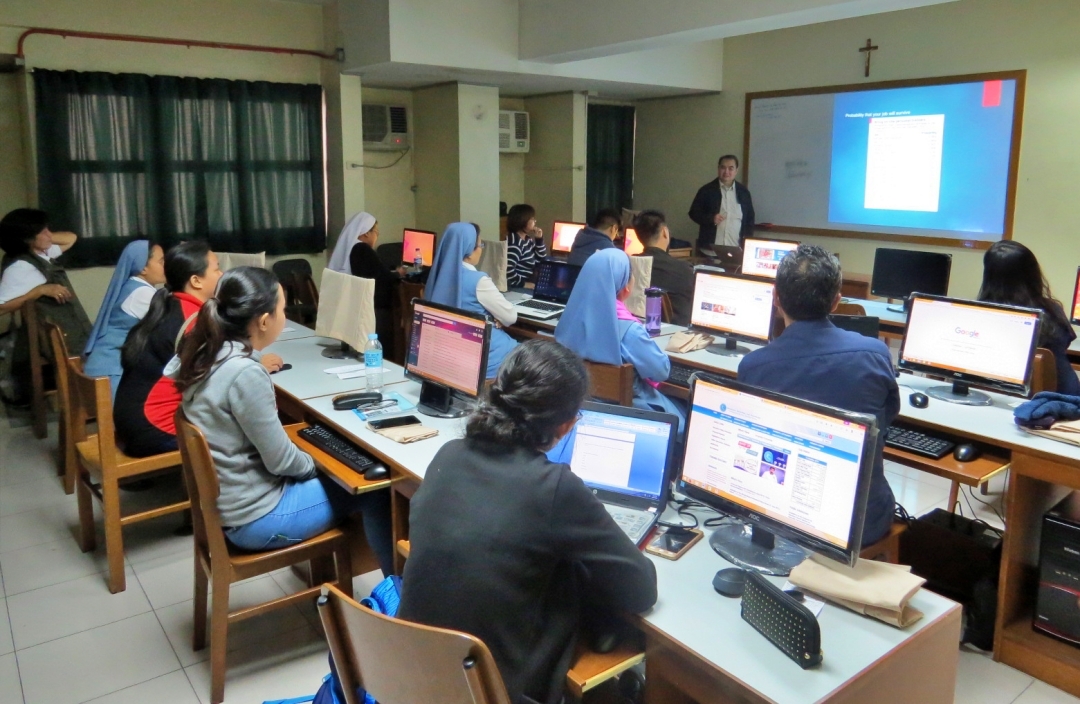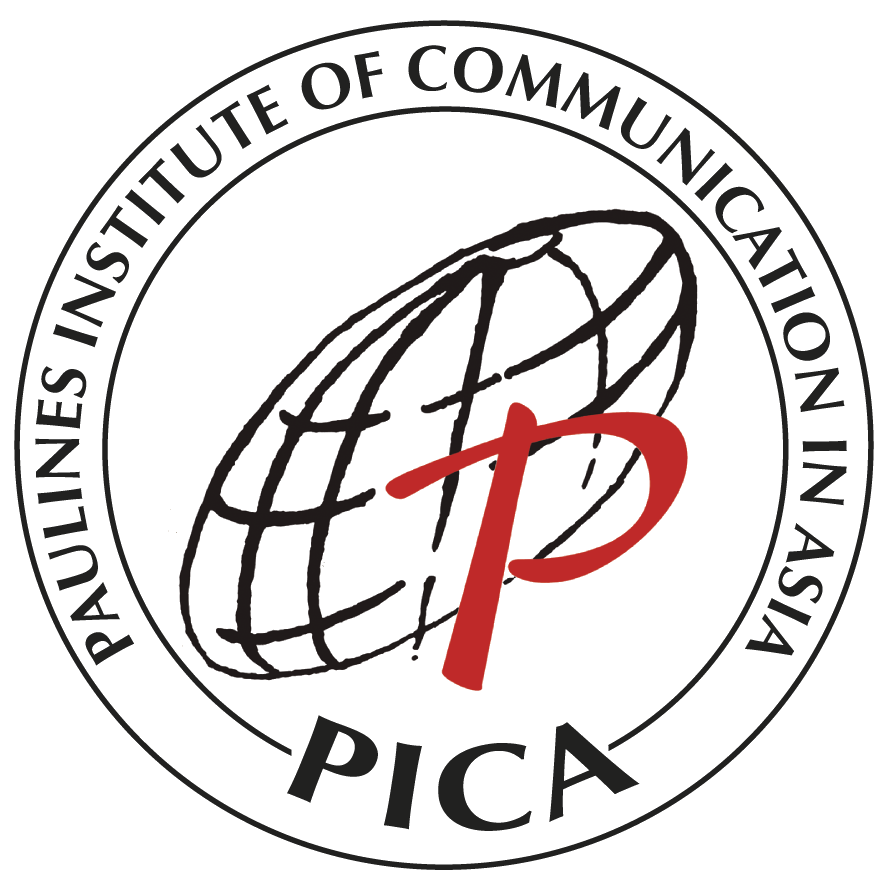MEDIA LITERACY EDUCATION
Goal: To train professional educators on Media Literacy
Offered on five consecutive Saturdays at 9:00 AM – 6:00 PM with a total of forty (40)
class hours per course.
- Students may enroll in one or more modules and get a certificate
- Or take up all 17 modules and comprehensive exam, and write a thesis to earn
units for a master’s degree in Media Literacy Education - Distance education is allowed for regular students on some of the modules, but
required to attend class on the first and fifth Saturday.
What is Media Literacy Education?
It is a process of teaching and learning about media: acquiring the skills in “reading,” analyzing and evaluation all forms of media “texts”; developing the students/participants’ critical abilities in their exposure and use of information communication technology.

